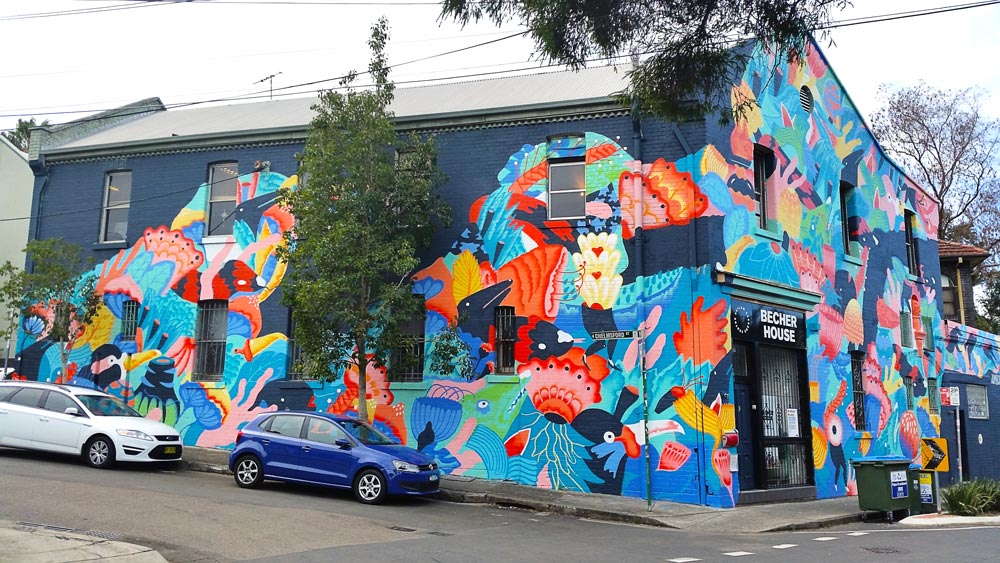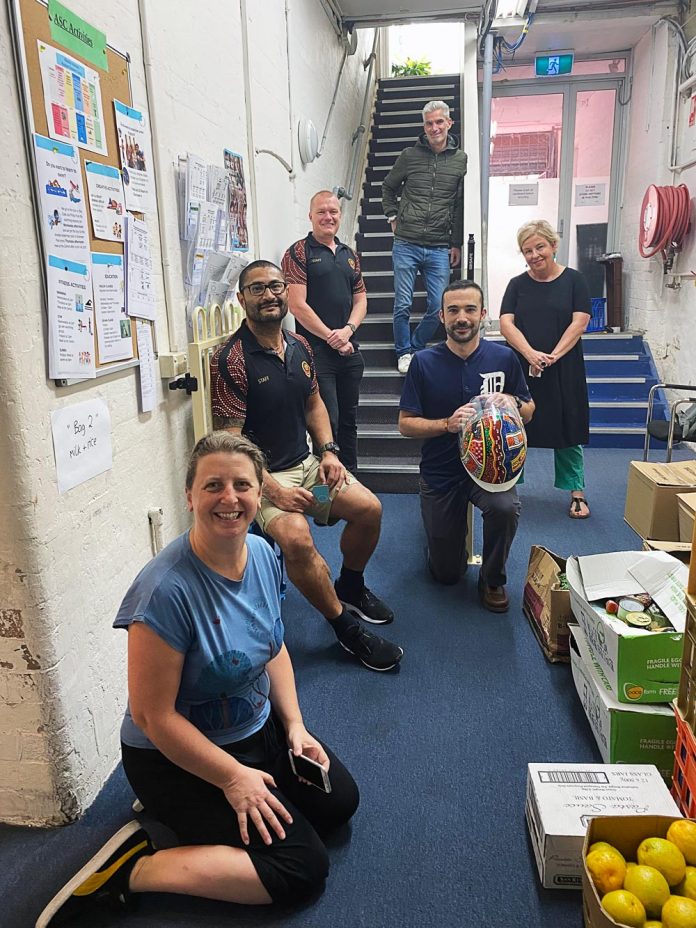Living without a regular income can make life difficult for anyone, but the situation is particularly difficult for asylum seekers, who do not have access to the necessary government benefits. Many of them work three or four part-time jobs to keep themselves and their families afloat.
However, when the Covid-19 pandemic hit this year, many of these jobs were affected.
Frances Rush, CEO of the Asylum Seekers Centre (ASC) said their need for a regular income became even more urgent when restrictions came in. “A lot of that happened to other Australians, but most other Australians had JobKeeper or JobSeeker. People seeking asylum aren’t eligible for any of that support,” she said.
The centre, a not-for-profit organisation in Newtown, provides practical and personal support for people in the community who are seeking asylum. When most of Australia went into lockdown, the centre continued to operate by keeping its primary health clinic open, providing healthcare assessments, consultations, counselling, physiotherapy, and other services.
“We set up a hotline and the biggest request was ‘we have no food’”, Ms Rush said. “So, from that week on, we’ve had really tremendous support from volunteers and our staff and the community, from getting donations of food and us buying it.”
To help ease the stresses of the pandemic, the NSW government announced it would provide more than $6 million assistance for multicultural communities, which includes people seeking asylum. Although the centre welcomed this announcement, Ms Rush believes a Centrelink payment is the only long-term solution.
“You can’t pay your rent on a one-off payment. You can’t negotiate with the landlord on a one-off payment because you don’t have a sustainable income,” she said. “If you’ve got no income, how do you top up your phone? If you can’t make contact, how do you get help when you need it?”
Unlike refugees, who can access the Jobseeker and Jobkeeper payments provided by Centrelink, people seeking asylum do not have access to these. The ASC is proud to be a part of the NSW Joint Partnership Working Group for Refugee Resettlement whose advocacy, amongst others, has led to the NSW government’s package. But more is needed.
“People from all walks of life are saying, ‘We want an Australia that includes everybody, it doesn’t exclude some,’” she said. “It’s so important that people [like asylum seekers] feel included. People do need access to basic income. The idea that people become destitute because they’re not included is terrible.”

Photo: Supplied
This year, Refugee Week went digital for the very first time. The week helps raise awareness of the issues affecting refugees, and this year’s theme was about celebrating the year of welcome.
“Normally, in a non-pandemic time, there will be lots of functions people could attend,” Ms Rush said. “[There are] lots of ways to interact and celebrate diversity and the story of people who’ve come to seek refuge, and the better Australia is for it. But in a pandemic … we can’t bring people together,” Ms Rush said.
The ASC marked the week with an at-home movie night. Australians were invited to join by making a donation. They would then receive a movie night pack, which included recipes, talking points, and movie recommendations.
“That idea of ‘share a meal, share a story’ is part of this year’s theme in the context of welcome,” Ms Rush said. “And in the context of a pandemic, I think welcome and how we look out for each other has really been highlighted in the community.”
_______________
See more details about how to take action to extend Jobseeker and Jobkeeper to asylum seekers here.





